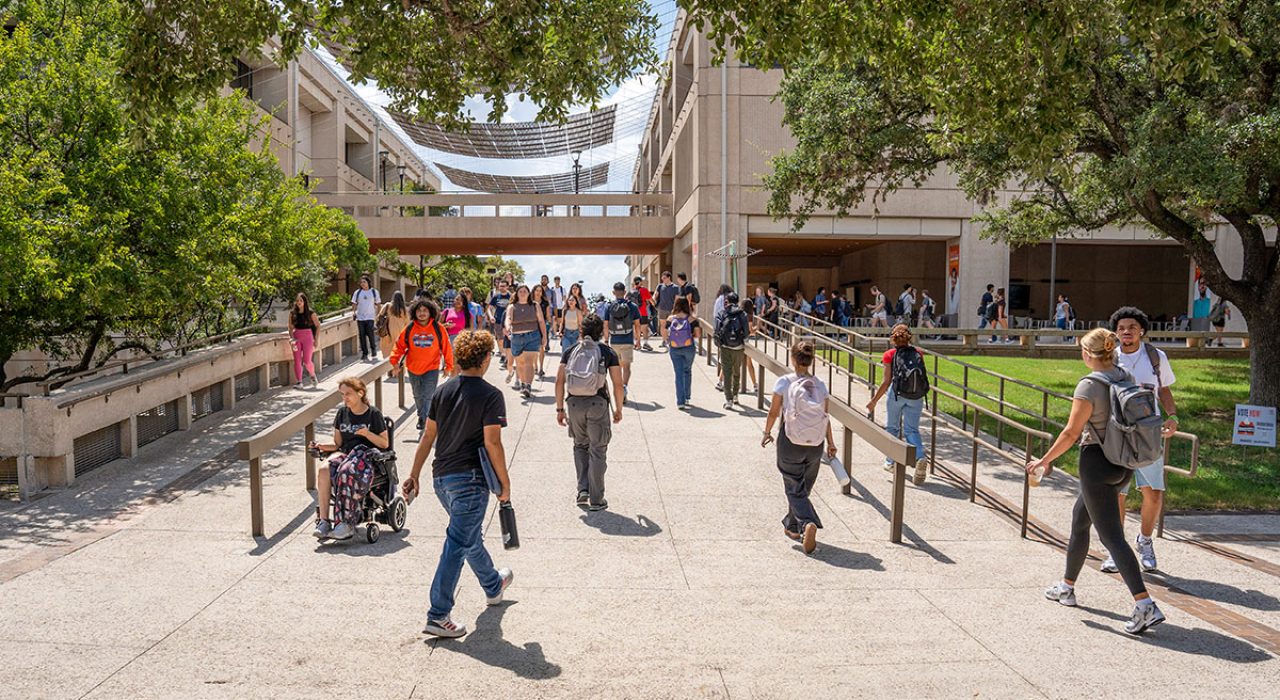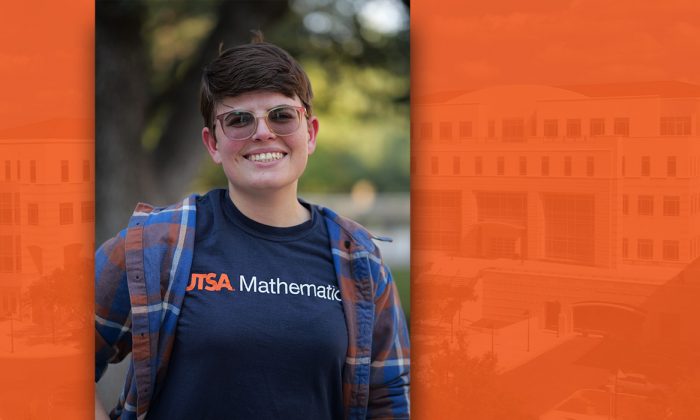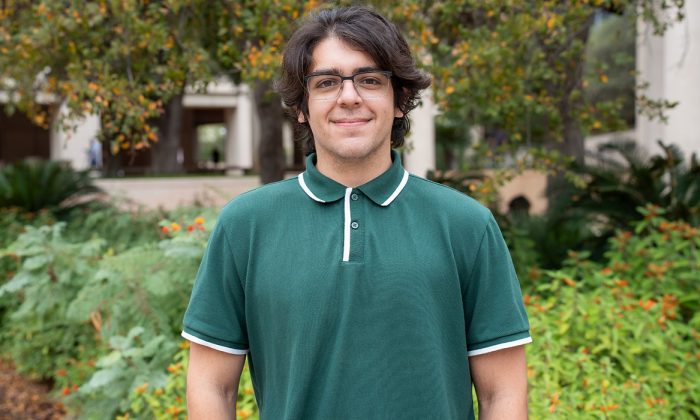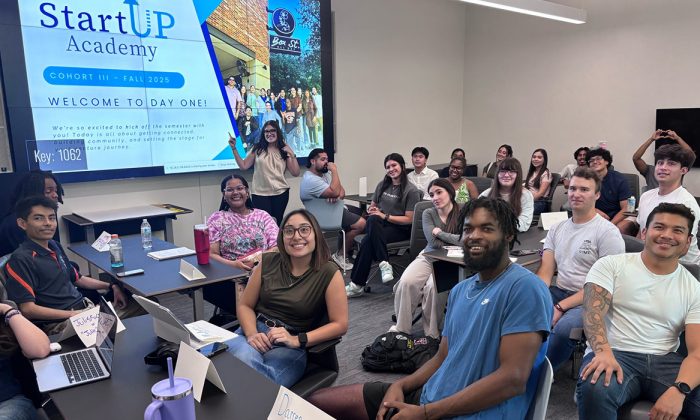The nonprofit Phi Theta Kappa Honor Society has named The University of Texas at San Antonio to its 2025 Transfer Honor Roll, one of only 251 institutions nationwide to receive the recognition.
The Honor Roll is made up of institutions recognized for their support of transfer students, those who attended another postsecondary institution after completing high school and later enrolled in a new university to continue their education.
The selections are based on analysis from the National Student Clearinghouse on data submitted by over 1,000 colleges and universities.
“Transfer students are such an important part of the Roadrunner community,” said Belinda Saldaña Harmon, interim executive director of Community Outreach, Transfer, Graduate, and International Recruitment, adding that they make up about 40% of the UT San Antonio student population, not including the Health Science Center.
“Collaboration across campus ensures we continue to grow a transfer-receptive culture,” Harmon said.
The Society uses 40 key metrics related to the support and success of transfer students, including college cost and financial aid, campus life for transfer, admission practices and bachelor’s degree completion.
UT San Antonio helps students coming from other institutions through the university’s Transfer and Transition Student Success Services office, which collaborates with transfer recruitment specialists to guide students before, during and after their transfer.
During the 2024-25 academic year, 2,960 degree-seeking transfer students enrolled at the university, and an increase in transfer enrollment is expected in Fall 2025. Transfer students entering the university have a 78.3% bachelor’s degree completion rate. (These numbers do not include enrollment figures at UT San Antonio Health Science Center.)
Founded in 1918, Phi Theta Kappa recognizes academic achievement and fosters growth, leadership, and service among community and technical college students.
The Society is made up of more than 4.4 million members and nearly 1,250 chapters in 11 countries, with approximately 220,000 active members in the nation’s colleges.



